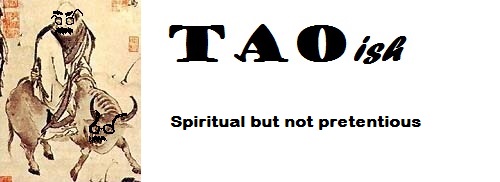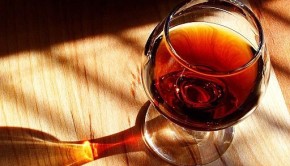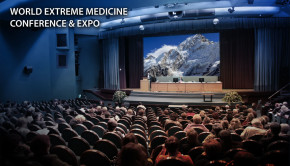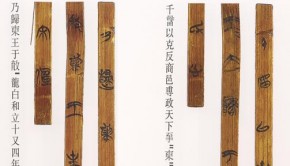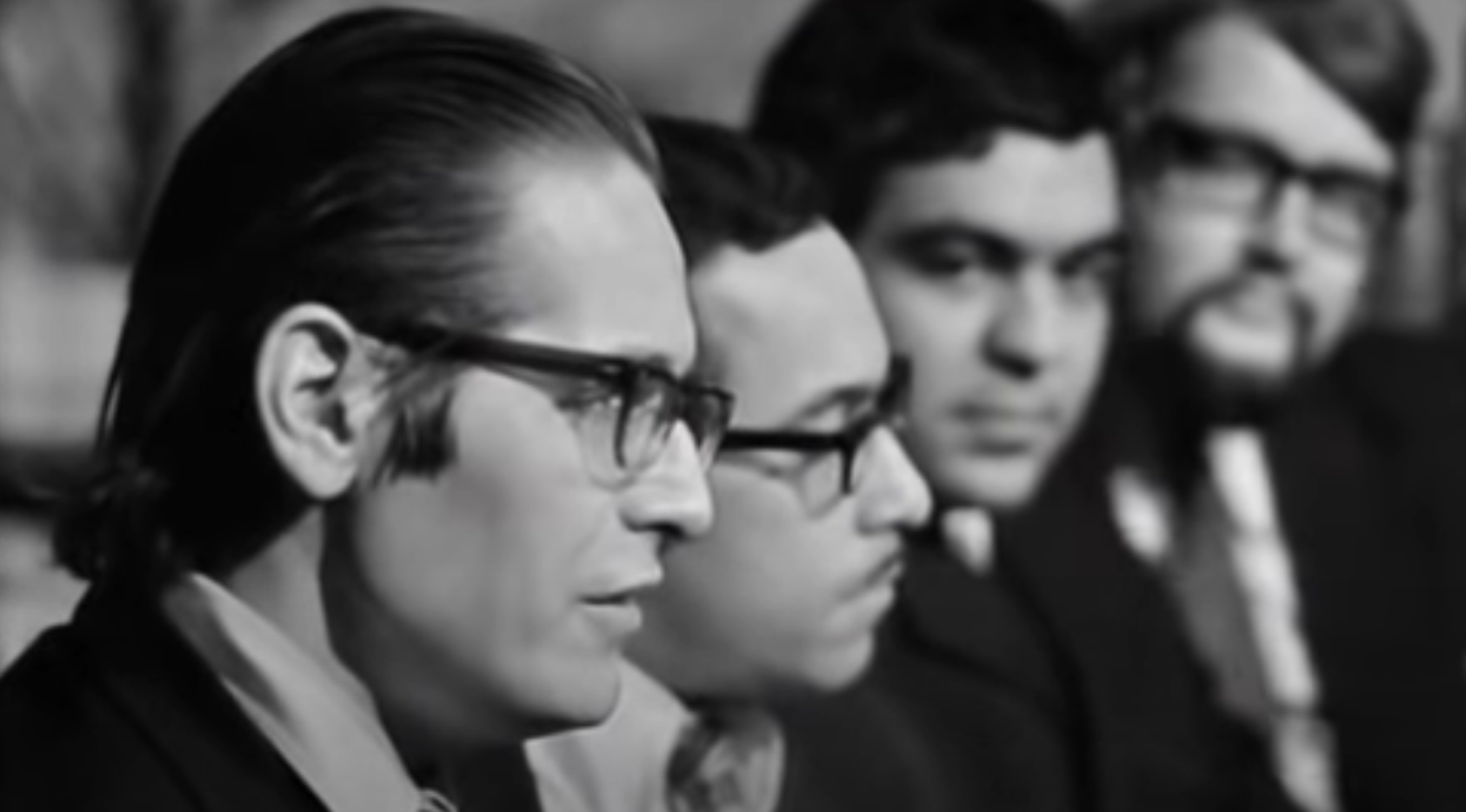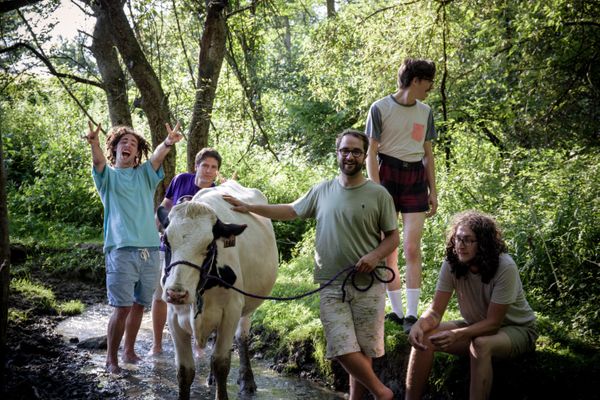Scientific Blinders
A post last year looked at the ways in which even the best scientists — Albert Einstein, for example — are prone to disregarding empirical results when they disagree with theories those scientists are attached to.
If results don’t fit a model of the universe they like, some theory for why the results occur, those results are often dismissed. You see this very often in medicine. Humans are very inventive in finding ways to heal themselves, from herbs to exercises to special diets. Yet Western doctors routinely dismiss treatments unless they like the theory of why these treatments work.
They don’t like the idea of an herb just working. They have to isolate one chemical from it and decide that it is the key. Yet anyone who drinks coffee knows that is too simplistic. Coffee and tea have the same “main” ingredient, caffeine. So do NoDoz pills and 5-Hour Energy drinks. But if you told me you couldn’t tell the difference between the effects of those four, I would worry very much about your sanity.
Chinese herbalists have used the herb Artemisia annua for thousands of years to treat malaria. (It’s known in the West as sweet wormwood, and in China as qinghao su (青蒿素). The oldest known text describing it was found in the Mawangdui tomb (Changsha, China) of the son of Li Cang, the first Marquis of Dai, which was sealed during the western Han dynasty (around 168 B.C.E.)
That same tomb contained the second oldest known copy of the Tao Te Ching, and the first version that contains essentially all of the received version (though the two halves are reversed in order).
Yet modern medicine only got interested in it after a Chinese doctor, Tu Youyou, extracted a single drug — artemisinin — that is now the most effective drug against Plasmodium falciparum malaria. (It’s also effective against schistomiasis and showing promise against some cancers.)
Even now, it can only be used in combination with other Artemisia derivatives or complementary anti-malarials to make sure it doesn’t develop drug resistance, as has happened with most other malaria rememdies. After needing to see a single drug extracted, doctors now must recreate the mix of drugs in the original herb to prevent disaster.
Western science places heavy emphasis on the hypotheses behind an experiment (especially when funding is sought). It wants an explanation, a “why” something might work before it even deigns to test whether it does. But there is a long and colorful history of good results being discarded or ignored because they don’t fit the prevailing model or metaphor of the scientific establishment.
Other cultures haven’t yet matched the experimental rigor and standardization of Western science, but in some ways even folk traditions are more empirical. More willing to listen to scientific results. For an ancient remedy, who cares what the explanation is for why the herb cures a sick person? It cures them. Use it.
If you can figure out why, later on, that’s great. Especially in relatively static fields such as physics, the math behind a model can be discerend through experiment and testing. But in medicine, there is nothing static, and our math and computers are far too weak to model what is happening. Each person is a whirlwind of constant motion by billions of cells, the incredibly complex soup of our blood, and the microorganisms living in our guts. We can reprogram DNA but remain unable to explain canker sores or stop the common cold.
Western science can’t stand to not know something. If it can’t explain a result, it doesn’t want to hear about it, and people die every day as a result. The basic humility of Daoism, a philosophy that starts by admitting it doesn’t and can’t know everything or even put it all into words, is something that Western medicine desperately needs.
